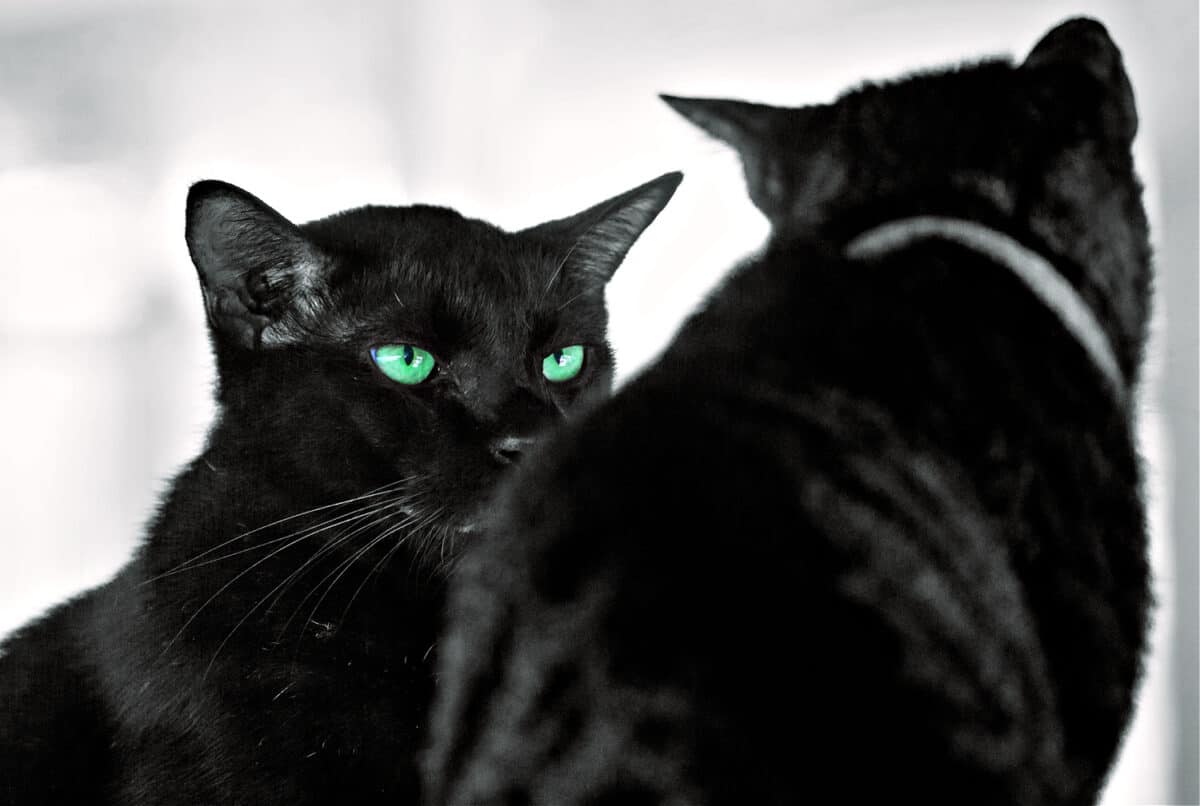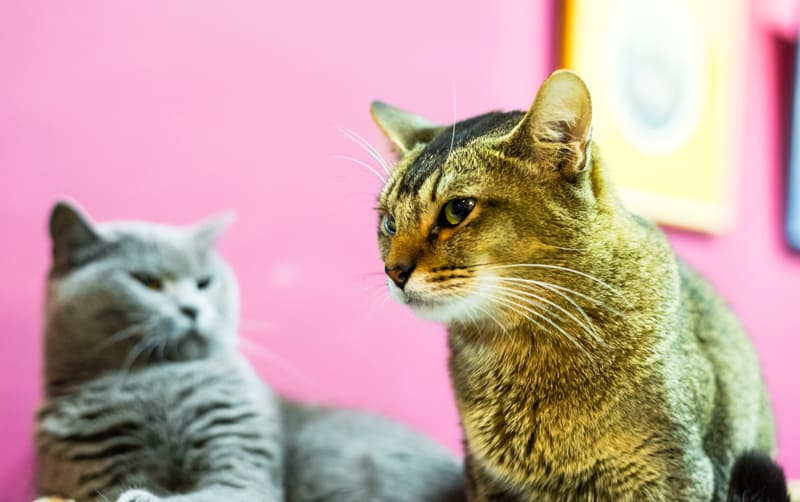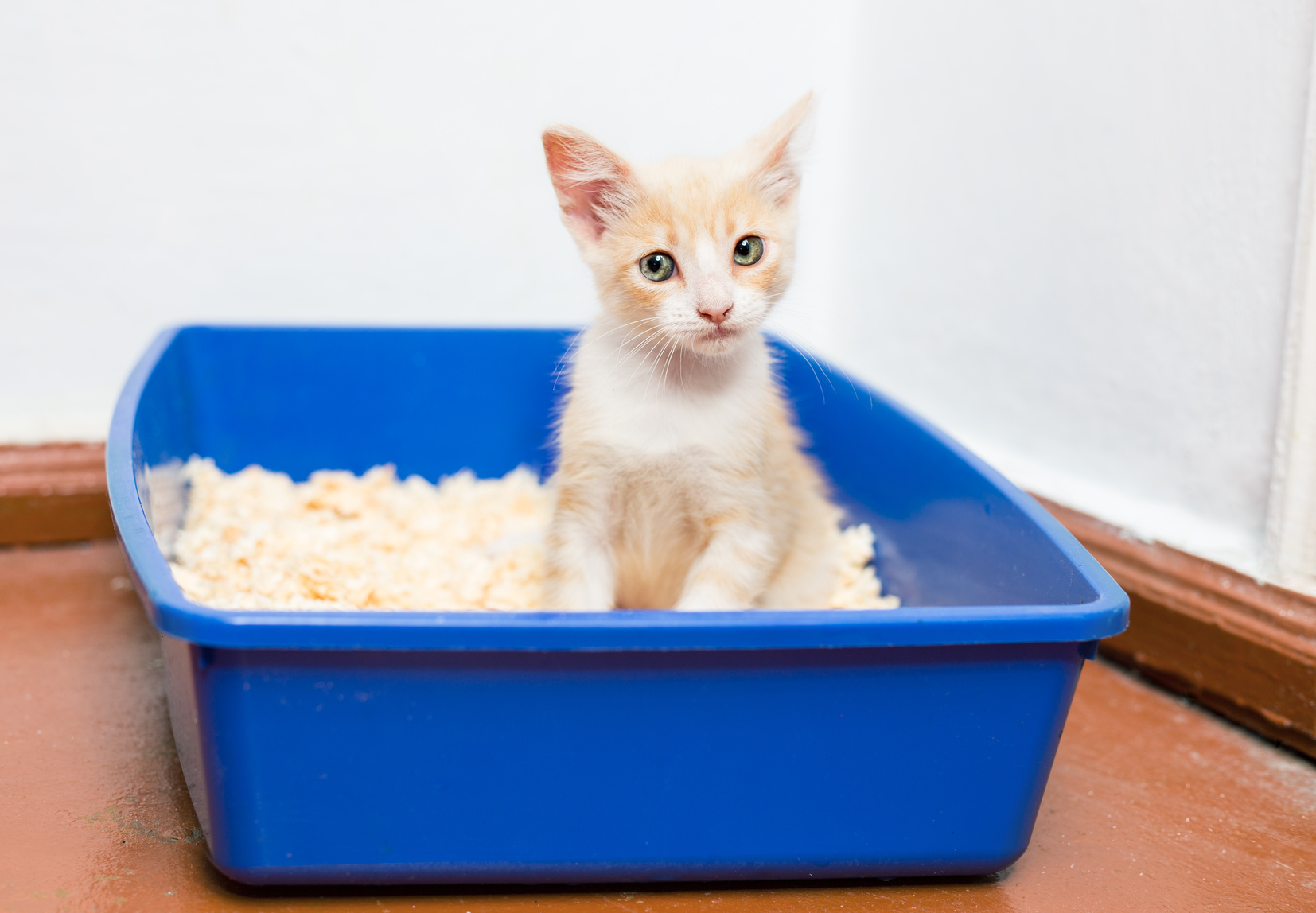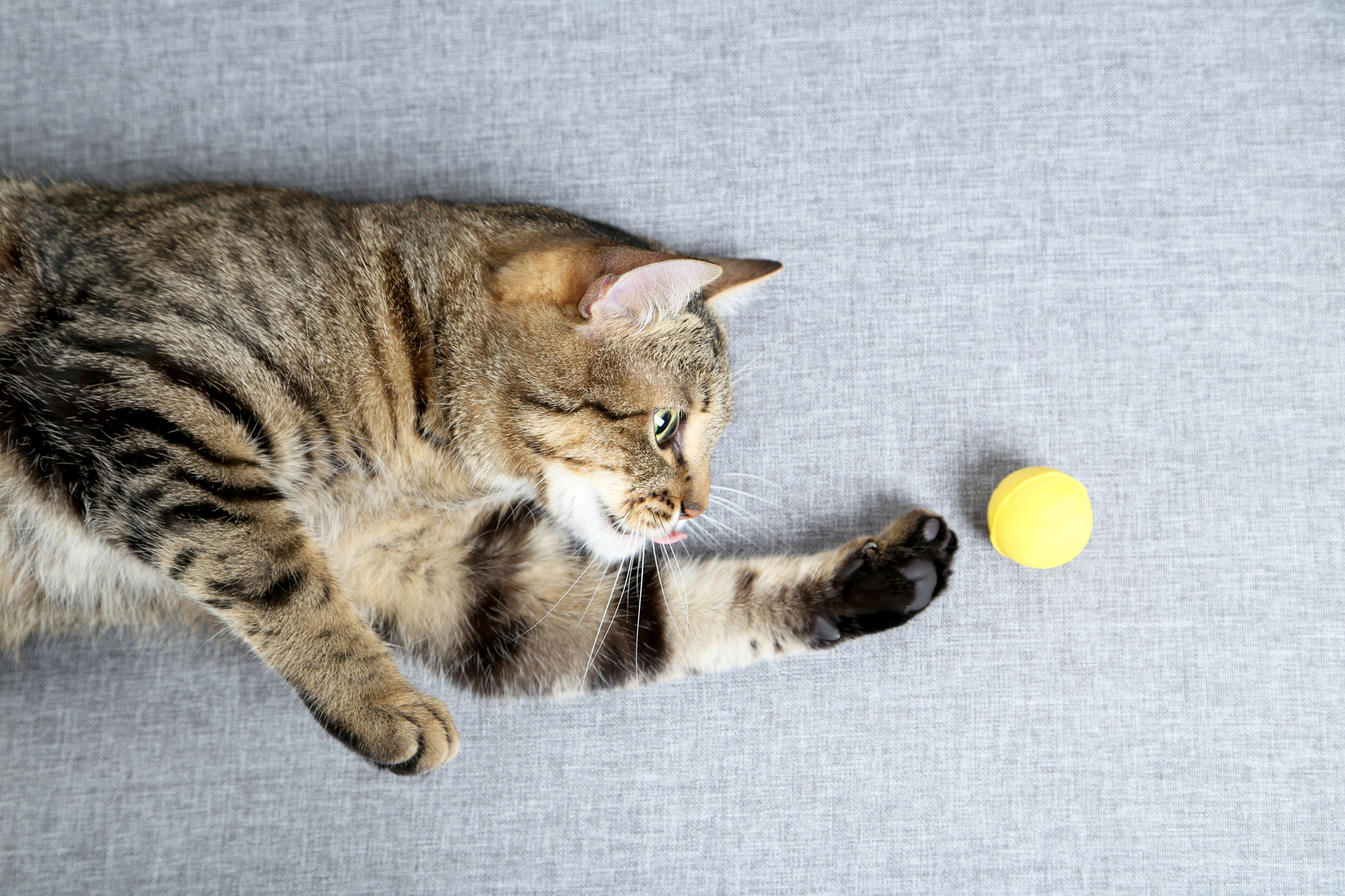You're puzzled. Is that cat of yours a green-eyed monster? You've observed a troubling pattern: sudden attacks on a fellow household pet, a display of hostility, and an unusual level of aggression. You can't help but wonder: do cats get jealous?
Does jealousy - a complex emotion we humans are all too familiar with - find a place in your cat's emotional spectrum?
We'll answer these queries for you in this comprehensive guide. We will draw upon scientific insights, and dispel popular misconceptions along the way. You'll learn what triggers unusual behavior in your cat.
We'll also shed light on the meaning of jealousy in the feline context and guide you in distinguishing it from other emotions such as fear or stress.
More importantly, we'll equip you with practical advice on how to address your cat's discomfort and alter its behavior for the better. We aim to ensure that every aspect of your cat's emotional world is understood and catered to, fostering a happier environment for your furry friend.

Furry Jealousy: More Than Meets The Eye
Challenging behavior taking place under your roof? Is one pet launching itself at another unprovoked?
Many pet owners like yourself find themselves in a similar conundrum, trying to decipher if their pet's unusual - even hostile - interactions towards fellow pets, newborns, or even newcomers in the household point to jealousy.
Let's get into the complex dynamics of this intriguing emotion as it could be perceived in the context of your cat's behavior.
But remember, our goal extends beyond mere understanding. We aim to provide actionable advice to ease your cat's discomfort and curtail any aggressive behavior.
What is jealousy in cats?
"Did Kitty pee on the bed because she's jealous of my new boyfriend?"
"Does my cat attack my other cat because he's jealous of her?"
"Does my cat hiss at my new baby because she's jealous?"
What is jealousy anyway?
Jealousy is common in humans, and we all experience it from time to time.
It's often defined as a hostile emotion over a perceived advantage someone else has.
Is jealousy always a bad thing? Not necessarily. In some cases it can be a good thing: Jealousy can motivate us to work harder.
However, jealousy is also known as "the green-eyed monster" because it can make people do horrible things. It's certainly a complex experience for humans, involving a slew of conflicting emotions and thoughts.
The feline world is a much simpler one.
Cats definitely don't experience jealousy in the human sense of the word. That said, negative behaviors, often aggressive ones, can be associated with a certain member of the cat's household (human or animal).
When we also perceive an advantage that a family member has over the cat in question, we may interpret the behavior as jealousy.

So do cats actually get jealous?
Sometimes the cat's behavior is indeed caused by competing over resources such as territory, food or the owner's affection. When that is the case, you could say - at a stretch! - that the cat is jealous.
Other times, the cat is actually stressed over a change. Whatever has changed in Kitty's surroundings scares her or him, leading to fear-induced aggression.
We may be able to pinpoint the change to a newly adopted cat, a baby, or a new boyfriend, but that doesn't mean the cat is jealous of them. It's more likely that Kitty just needs help with adjusting to the new situation.
Situations where cats appear to be jealous - and what to do about it
Let's take a look at the common scenarios people ask about.
Is my cat jealous of my other cat?
But what about cats who are already living together peacefully, only for one of them to start attacking the other? This is when many owners bring up jealousy as an explanation. The attacker must be jealous because the other cat is getting more attention, right?
Probably not. What you're seeing may very well be a struggle for dominance. Cats have a hierarchy between them, and that "pecking order" can sometimes change, for any number of reasons. The way for a dominant cat to implement a "new world order" is by mock-attacking - and sometimes just attacking - the other cat.
There can be other reasons for sudden aggression. The attacking cat may be in pain, ill, or just stressed over something else. In that case, his or her "sibling" may be on the receiving end of redirected aggression.
What to do?
If one of your cats becomes aggressive to another resident cat, first rule out any medical problem. Look for these signs that your cat may be in pain, and if you suspect a health problem, call your veterinarian.
If the aggressor is healthy, try not to intervene. Most of these attacks are safe - even if loud! - "cat talk" that should be allowed to take place. The cats need to decide on their social hierarchy, and you have no vote on the matter.
When they're interacting, avoid reprimanding them and never shout or punish any cat in any way. If you do, they may associate the negative experience with each other, creating more problems down the road.
What you can do is make sure you offer enough resources for them to share. They should not have to compete over space, food, or water. Make sure there are enough litterboxes (one for each cat and then another one for good measure).
Provide enough food dishes (one per cat) and let them decide who uses which dish. Invest in more space by creating cat-friendly vertical space in your home. In short, minimize potential friction and let the cats work out their differences.
SIGN UP FOR THECATSITE'S EMAIL UPDATES >
Is my cat jealous of the dog?

Does Fluffy attack Fido? If you've recently introduced a dog - particularly a small one - to your household, your cat is likely to try and fight off the intruder. That's not jealousy per se.
The cat doesn't really care about you bonding with the dog - he or she just wants that noisy stranger out of there.
If the two pets were not properly introduced, that animosity can carry on for years. With some cats, even proper introductions won't help much, and you'll just have to accept some level of antagonism.
If the dog and cat had been getting along just fine and the cat suddenly becomes aggressive, suspect a medical condition and check to see if there are other symptoms. Any form of sudden aggression in a cat calls for a proper veterinary evaluation.
What to do?
Taking the time to Cat trees and other measures to create vertical space are ideal for that.
Is my cat jealous of my boyfriend/girlfriend?
There are many ways in which a cat can show dislike towards a human. The cat may try to attack your new life partner or possibly just slink away.
Either way, this is probably something other than jealousy. Your cat is likely afraid of the newcomer. This could be because of a previous negative experience with that person or possibly a history of abuse by a different person of the same gender.

What to do?
Be very patient with your cat. Ask the person in question not to approach the cat or initiate any interaction - including eye contact. Let them spend time in the same room as the cat, just sitting on the floor, reading a book, and being quiet.
With time, the cat will learn that this new person is not a threat and may approach them. When that happens, have your boyfriend/girlfriend offer treats and engage in interactive play sessions with the cat. Patience is key here - this will be a slow and gradual process!
If your cat is timid or shy, check out these tips. They can help your significant other understand your cat and offer ways for him or her to be Kitty's new hero.
Is my cat jealous of my new baby?
The birth of a new baby can really affect Kitty's life. Your home is filled with new scents as well as noises (some very shrill!), and everyone's schedule is disrupted. These changes can be stressful for your cat.
Cats rarely attack babies though. Newborns are just too small and passive for a cat to see as a threat. Instead, owners may see stress-related behaviors. Your cat may pee outside the box, become more vocal or spend her or his days in hiding. That's not jealousy - that's simply stress.
What to do?
Discover how to deal with stress in cats.
My cat peed on... - is he jealous of...?
We mentioned peeing outside the litterbox earlier, but it's worth elaborating on.
When a cat pees on an object, or in a certain area, it can be tempting to assume Kitty is doing it out of spite or motivated by jealousy.
"Cat peed on my boyfriend's shoes? She must be jealous of him!"
"Cat peed in the nursery? He must be jealous of the new baby!"
"Cat peed on my bed? She must be jealous of the new cat who's sleeping there."
Sorry to disappoint, but cats are not that manipulative.
Peeing outside the litterbox can be for any number of reasons, but taking revenge on a person is not one of them.
In many cases, there is a medical explanation behind the inappropriate elimination, and that problem can be difficult to diagnose. Problems with how the litterbox is set up can also be at the root of the problem, as can overall stress. Very often it's a combination.
Sounds tricky? It can be. If you're dealing with a litterbox avoidance problem, check out this article: How To Solve Litterbox Problems In Cats: The Ultimate Guide
Final Considerations And Practical Advice
It's crucial to remember that aggression and unusual behavior can be indicative of underlying health issues. If you notice sudden changes in your cat's behavior towards other pets or humans, it might be time for a check-up with the vet.
Ensure that your home environment caters to your feline's needs. Providing enough resources like litterboxes, food dishes, and space can help minimize potential friction and reduce aggressive or distressful behaviors. Patience and gradual introduction of changes are key.
Understanding and interpreting your cat's behavior can be a challenge, but remember, you're not alone! You can always reach out to our Cat Behavior Forum, where a community of fellow cat owners and experts is ready to share advice and support.
In conclusion, the journey of pet ownership is an exciting adventure of mutual understanding and bond strengthening. By taking the time to understand your cat's behaviors and needs, you're one step closer to creating a harmonious, happy home for your furry companion.
Think your cat is jealous? Maybe we can help!
Remember, dealing with behavior problems in cats takes patience. Let our members offer support and advice by sharing your story in the Cat Behavior Forum (to do that, just click where it says "Post New Thread).
SIGN UP FOR THECATSITE'S EMAIL UPDATES >
Don't forget to let us know your general thoughts in a comment below. Do cats get jealous? What do you think?
Note: We may get commissions for purchases made through links on this page.




12 comments on “Do Cats Get Jealous? (And What To Do About It When They Do)”